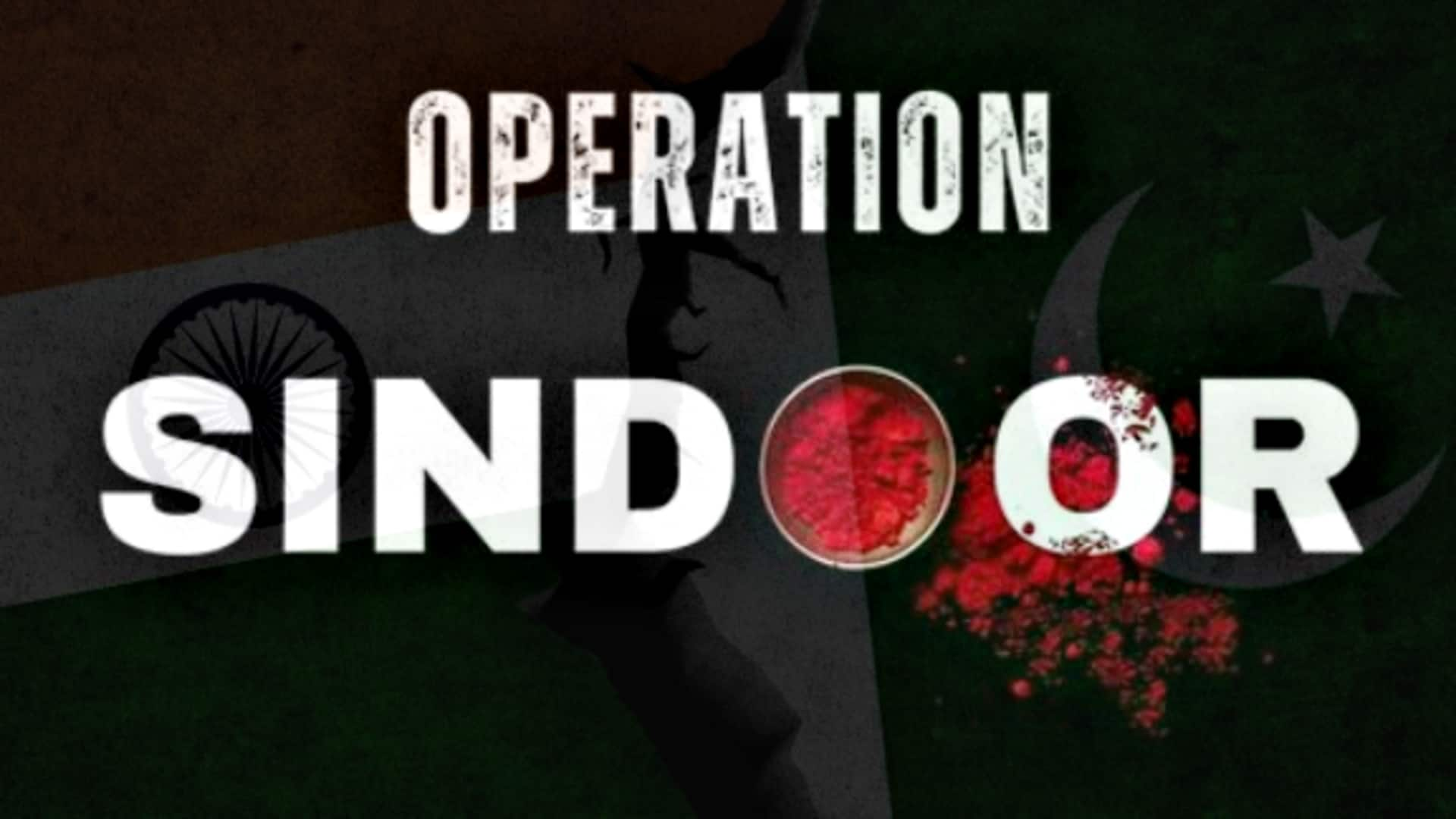
Reliance, Delhi lawyer, ex-IAF officer apply for 'Operation Sindoor' trademark
What's the story
Reliance Industries Limited has become the first to file a trademark application for "Operation Sindoor," hours after an Indian military operation was announced under the same name. Within 24 hours, three more applications were filed by one Mukesh Chetram Agrawal from Mumbai, a retired Indian Air Force (IAF) officer Group Captain Kamal Singh Oberh, and a Delhi-based lawyer Alok Kothari. All four are competing for exclusive rights under Class 41 of the Nice Classification.
Trademark race
'Operation Sindoor' gains symbolic significance
The term "Operation Sindoor" has acquired a lot of symbolic weight owing to its association with a recent Indian military strike in Pakistan and Pakistan occupied Kashmir. The word Sindoor conjures up traditional Indian ideas of sacrifice and valor, giving it a strong emotional and patriotic resonance. This has made the term extremely popular for use in films, media, public discourse, and now as a commercial trademark.
Class 41
Applications filed for various services
All four applicants have filed their trademark applications under Class 41, which covers education and training services, film and media production, live performances and events, digital content delivery and publishing, as well as cultural and sporting activities. This category is commonly used by OTT platforms, production houses, broadcasters, as well as event companies. The term "Operation Sindoor" could be used in a film title or a web series, or a documentary brand.
Intellectual property
Trademark claims open to private entities
In India, names of military operations such as "Operation Sindoor" are not automatically protected as intellectual property by the government. The Ministry of Defence usually doesn't register or commercialize these names, and they aren't secured under any special statutory IP framework. Consequently, unless the government expressly intervenes, such names remain open to trademark claims by private individuals or entities.
Trademark regulation
Trade Marks Act, 1999 allows rejection of misleading trademarks
The Trade Marks Act, 1999, empowers the registry to reject trademarks that are misleading, offensive, or contrary to public policy. Under Sections 9(2) and Section 11 of the act, a mark may be denied if it suggests a false association with national defense or could offend public sentiment. However, despite this provision, there's no automatic bar against registering such terms unless challenged by the government or others.